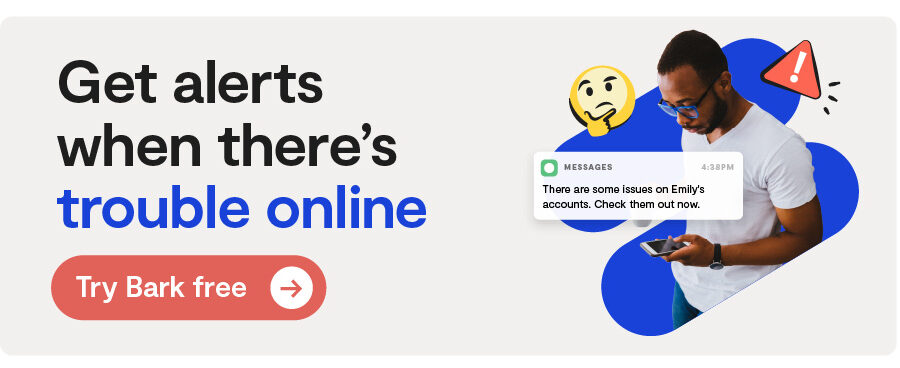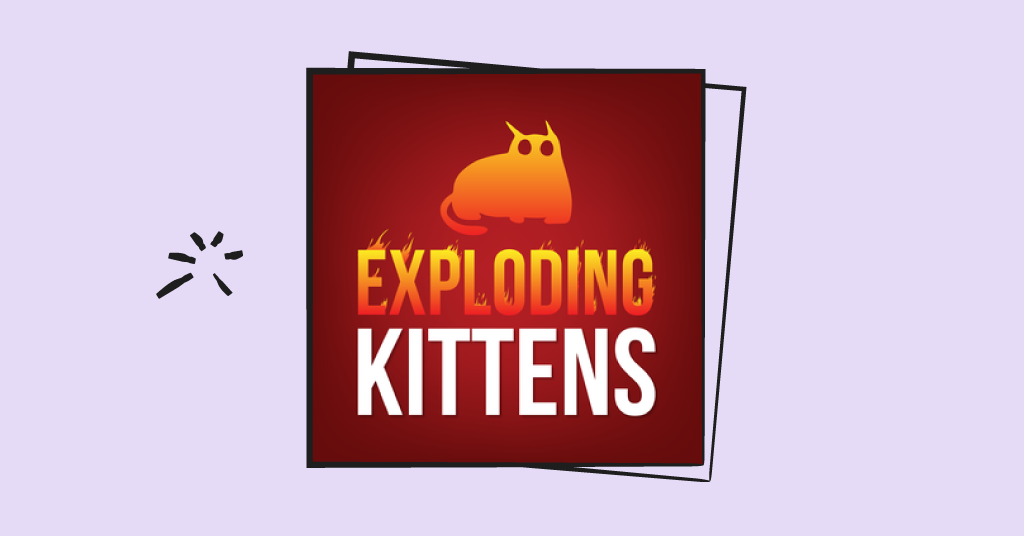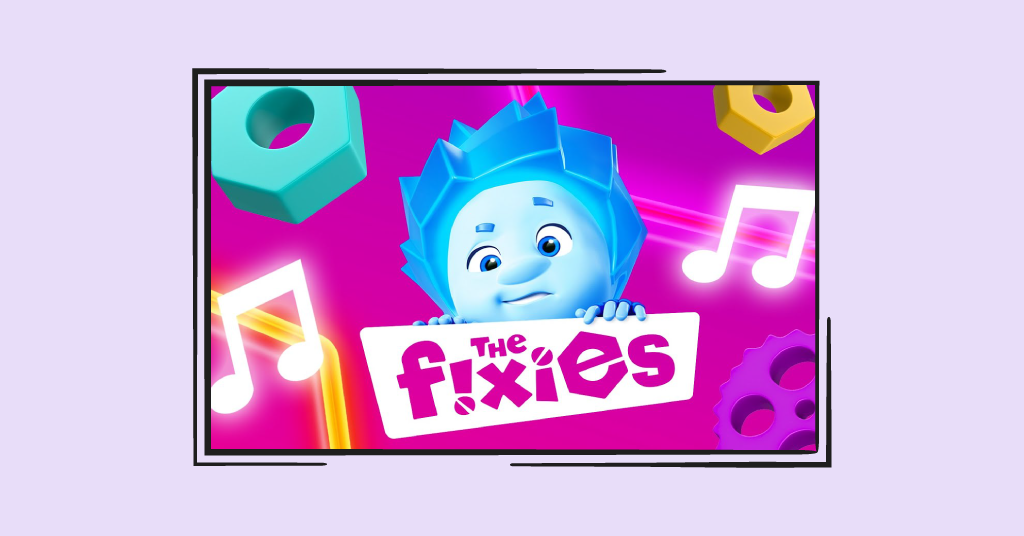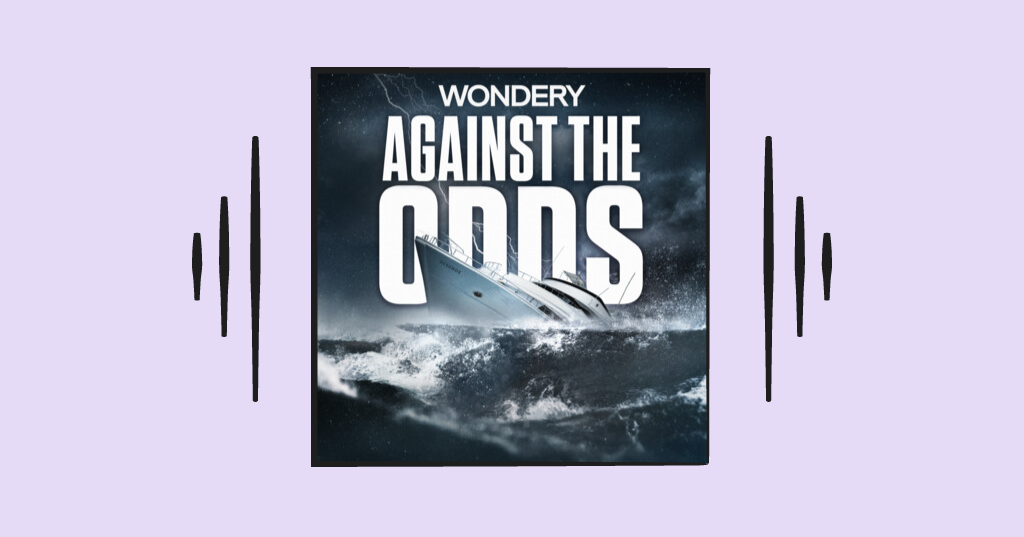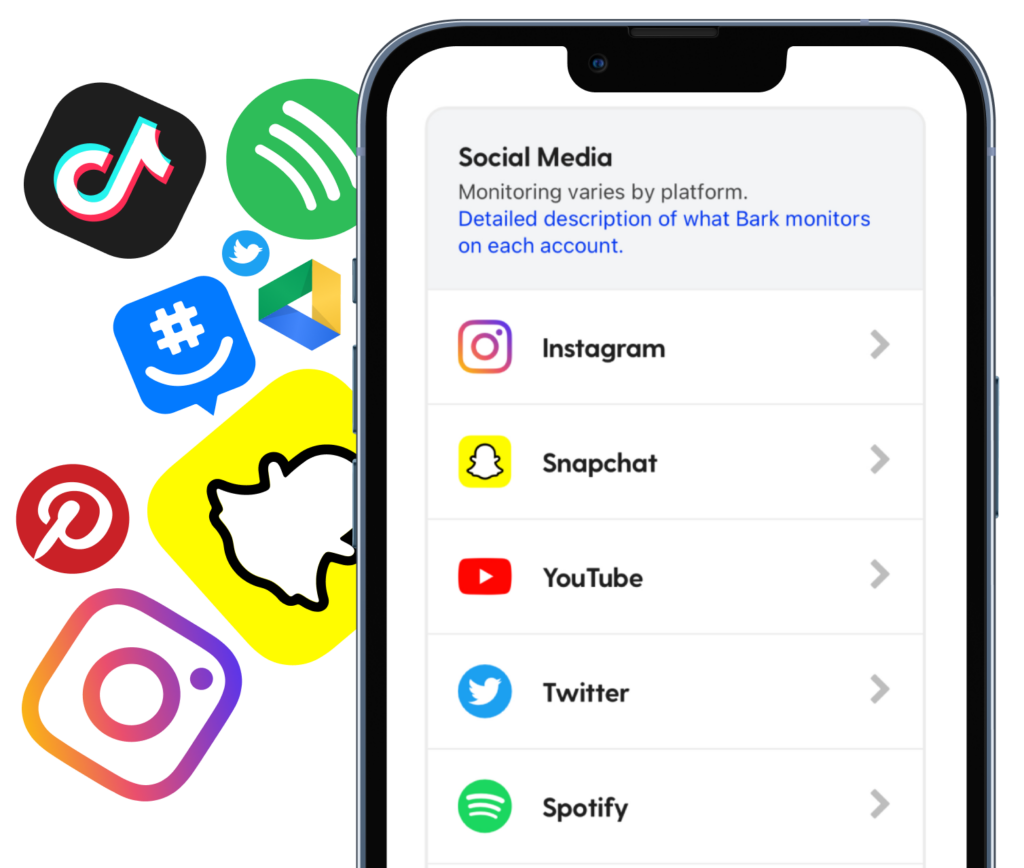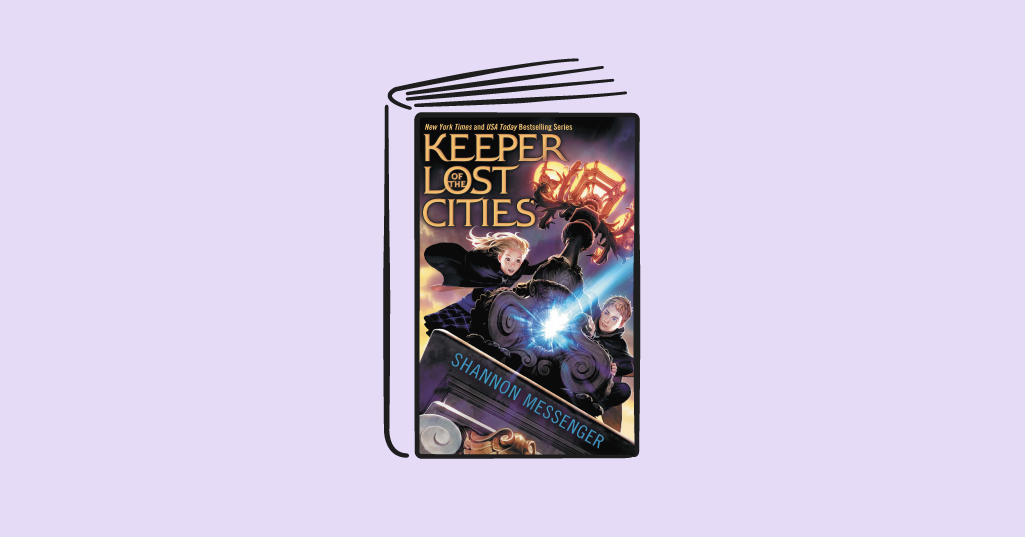
Overview
If you’re looking for a solid book series recommendation for tweens, look no further than Keeper of the Lost Cities. This book (and the subsequent nine-part series) is about Sophie, who discovers she’s a telepathic elf. Just as Harry finds out he’s a wizard, and Percy Jackson finds out he’s a demi-god, Sophie must now understand her new identity — and all the challenges that come with it. Since its release in 2012, tons of kids have followed Sophie’s story and keep coming back as more books are published in the series.
We’ll give you all the details you need to know, but the TL;DR is that this is a fun, fantastical book series that kids and whole families have enjoyed together.
Harmful Content ❗️
Written as a children’s fantasy, there’s very little content that is unsafe for younger audiences. There is mild violence and mentions of heavy topics (such as bullying, loss of loved ones, suicide, etc.) However, these topics are handled tactfully and many parents have been able to have open discussions with their children because of these books. Overall, the book is more about Sophie’s journey and how she faces challenges with perseverance and the help of her friends.
Language
This book does not have any adult language. There is at times some bullying or harsh comments between characters.
Sex
There is no sexual content since the series was specifically written for kids. However, the plot includes some romance, particularly characters having crushes on each other.
Violence
In Sophie’s new world, there are dangerous encounters with bad guys who kidnap and hold the kids hostage. There are also discussions around death, war, and injuries involving going unconscious and drawing blood. It’s nothing more intense than you’d find in your average Harry Potter book or Marvel movie, but parents with sensitive kids may want to be aware before reading.
Positive Value 💫
Keeper of the Lost Cities has tons of impactful themes that kids can learn by reading Sophie’s story. Sophie displays great acts of courage and compassion for those mistreated. Sophie herself experiences feeling different and outcasted, but ultimately finds friends who accept her for who she is. Many characters — including Sophie — are shown to have great strengths and great flaws, making them relatable to all readers.
So, should my kid read it?
For about ages 9 and up, we’d say yes! This is a great, engaging story that both kids and parents can get hooked on.

